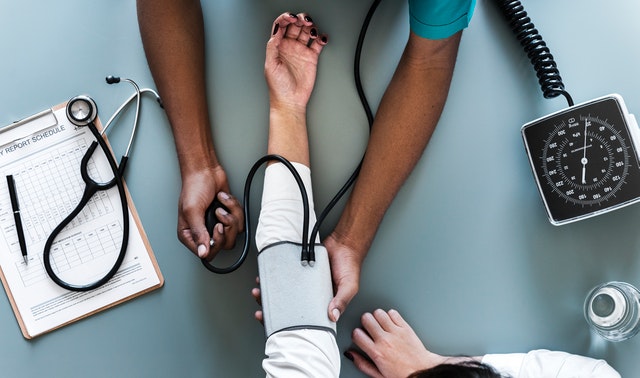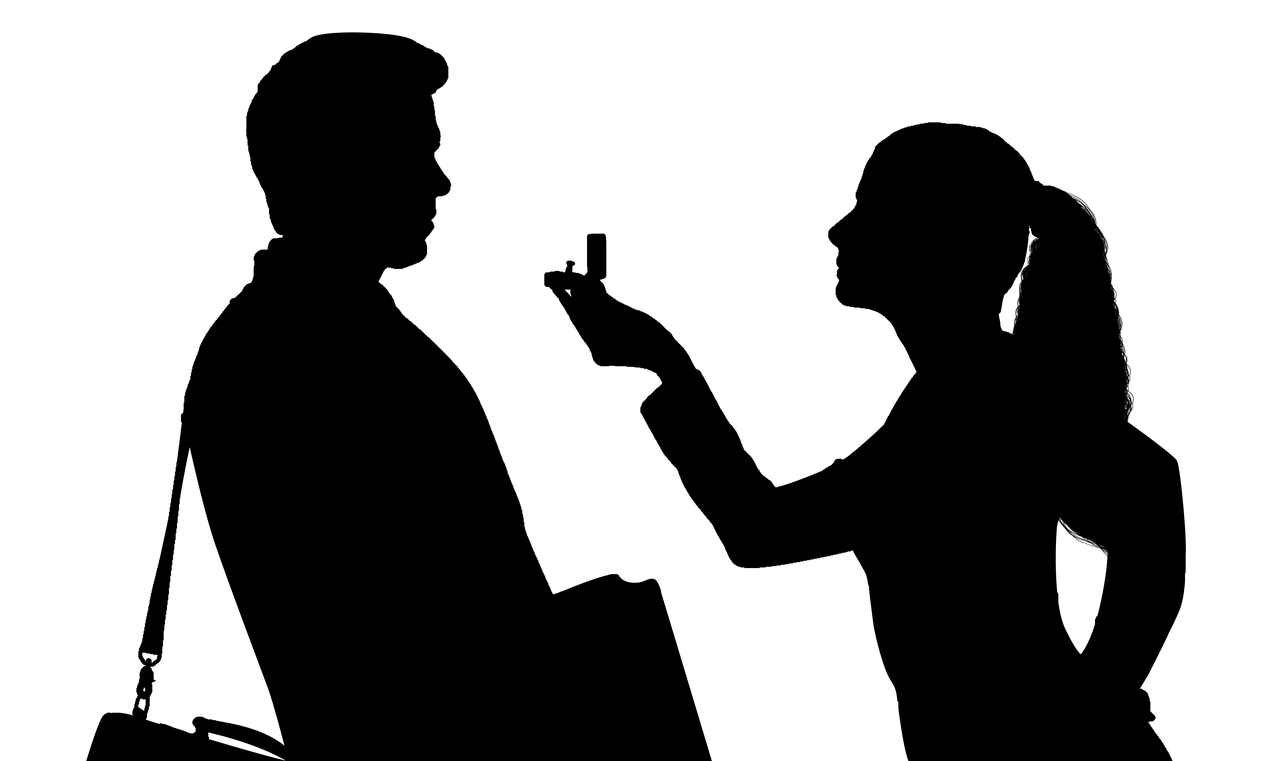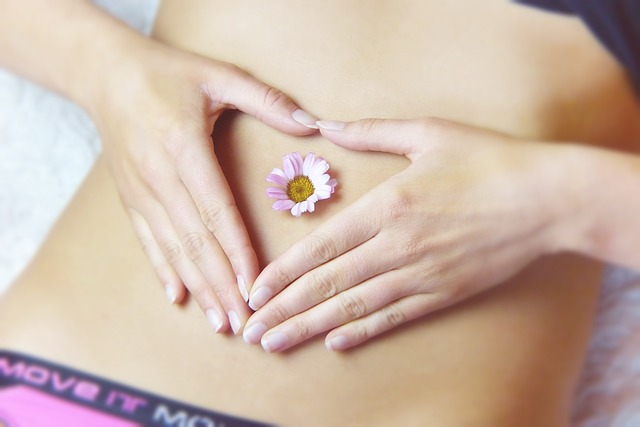Last week, my company was involved in the Medical Association of Jamaica’s (MAJ) annual symposium, which allowed businesses in the field of health care to display their latest product offerings.
I was pleased to see a few involved in health technology like myself. It tells me that the market is really changing as we are beginning to embrace technology more and more and understanding its importance to the health-care business.
I was also impressed with the receptiveness of the audience which primarily consisted of doctors, nurses, physiotherapists, medical technicians and even some outside of the medical field.
As we went through the technology offerings with them, it struck me how much we have changed in terms of health and our perceptions over the last decade.
People more and more are moving towards self-care and taking charge of their health.
I do not mean that they no longer view the health care provider as important; quite the opposite. What it means is that people see the need to have a greater level of involvement in their health, especially in terms of care and monitoring.
They are now becoming more like partners with their health-care providers. Luckily, the technology has evolved to allow them to effectively do so.
We have seen this new thrust with the proliferation of devices like fitness trackers. It has now moved up several notches with the availability of remote care management products.
I have been combing the market for these products to determine the best ones to satisfy the present market needs as well as give assurances of accuracy, quality, dependability, user-friendliness, ability to integrate with existing technologies and, importantly, privacy.
Not Surprised
So far, the DynoSense line of remote care management products remains my pick. No surprise that the attendees at the MAJ symposium were also impressed with what the products can do.
“Imagine the potential,” one doctor said.
“I could see several more patients in a day than I am doing now. My nurse could triage one person in just two minutes and we could know from that process at least 30 health metrics for the patient.
“We could use this to effectively monitor patients who are immobile and at home. If this really works like it’s shown here it is quite something,” added the doctor, as he mirrored my thoughts when I was first introduced to these products at the HIMSS conference earlier this year.
Since then, I have been looking around for others but I have not yet found anything comparable.
The devices include Dyno 50, which is a digital health monitor, a Bluetooth-enabled blood pressure monitor and the Adore smart composite scale.
The Dyno50 can provide more than 15 health metrics – in less than a minute – including electrocardiogram, heart rate, heart rate variability, oral temperature, blood oxygen saturation, and galvanic skin response.
The Bluetooth-enabled blood pressure monitor measures systolic and diastolic blood pressure, pulse rate and can detect an irregular heartbeat as well as hypertension, including the degree that is has reached.
By stepping on the Adore smart composite scale, a person can obtain their weight, body water, body fat, body mass index, body metabolic rate, bone density, visceral fat and muscle mass. All of this can be obtained in about two minutes.
Imagine the potential we could realise in terms of a reduction in the cost of treating persons with non-communicable diseases (NCDs) and the possible in-roads in prevention strategies.
Jamaica is not bad when compared to the rest of the world in terms of life expectancy with an average of about 75 years. Still, the use of remote care management tools has the potential to significantly reduce premature deaths especially from NCDs and make further improvements in this area.
This current level of interest in the integration of technology in personal care models is something that we must take advantage of right now. The Government and private sector must do this to motivate people to take better care of their health.






